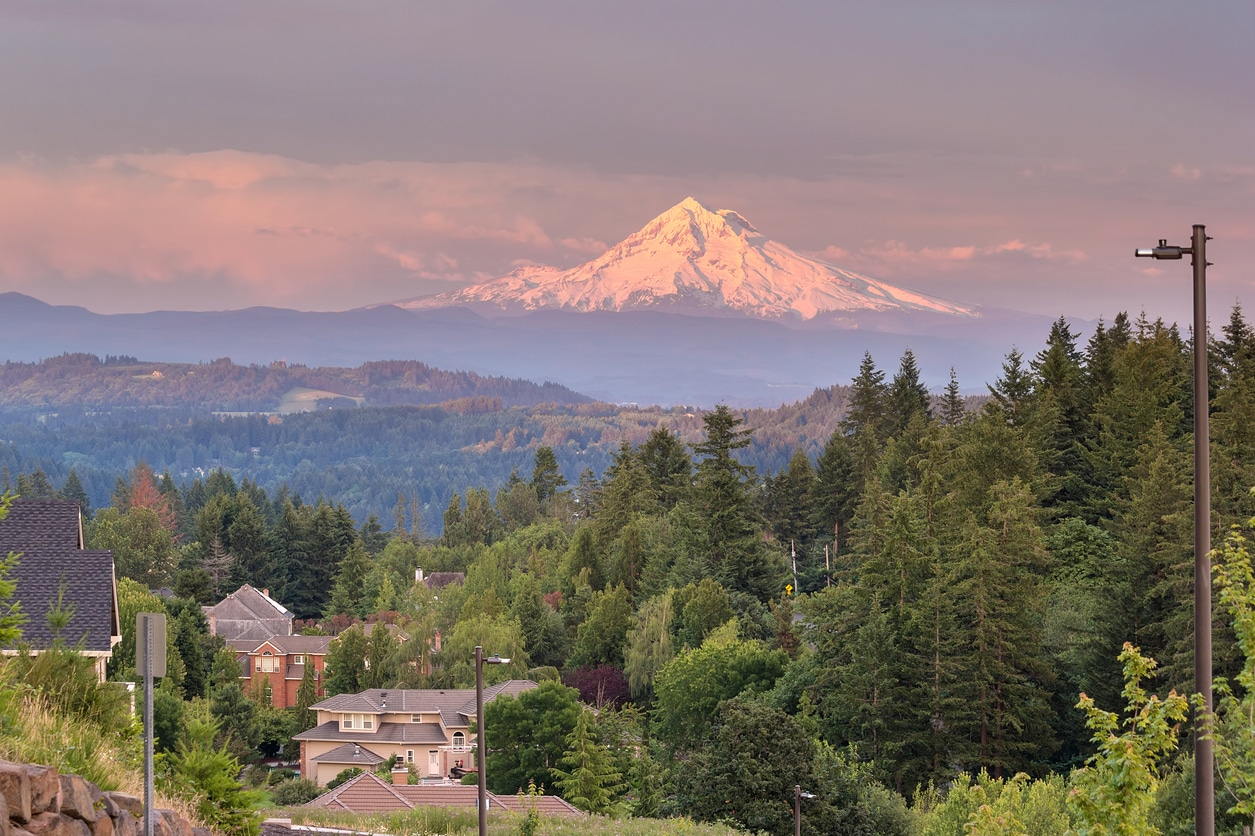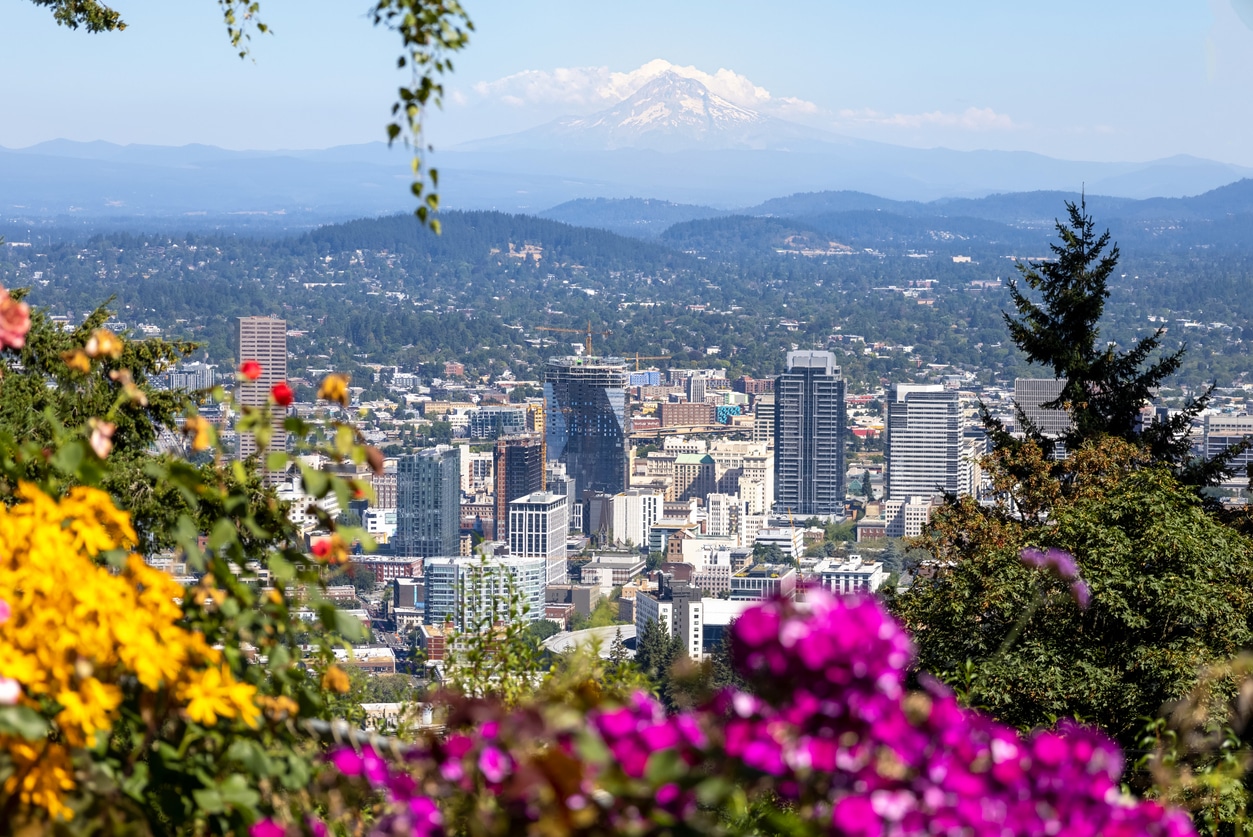4 Overlooked Costs of Owning a Home – Portland: 2019

Hey, renters! This is a great year to buy a home in Portland: Prices are down in many market segments and mortgage rates are still relatively low.
Still, if you’re on the fence about becoming a homeowner, we don’t blame you. Investing in a home is inherently risky (as all investments are risky), in part because there’s much more to it than a mortgage payment.
Fortunately, you can decrease your risk significantly by planning ahead. Our real estate team has assembled the top most overlooked costs of owning a home in Portland, updated for 2019. If you can budget for everything, you’ll be taking a lot of the stress out of buying a home — and living in it for as long as you like.
- Property Tax. Because Oregon does not have a sales tax, we make up for it with slightly higher income and property taxes. But Portland’s property taxes are still low compared to other cities, though they do go up every year. See how much we think they will rise in 2019. Taxes are based on the “assessed value” of a home or piece of real estate (which is related to, but not the same as the real market value). To see the tax and assessed value of any home for the past five years, go to portlandmaps.com and enter the address in the search bar. In the panel at the right-hand side of the page, click on “Assessor Detail”.
- Homeowners Insurance. Good news! According to ValuePenguin.com, the average homeowner in Oregon pays just $574 annually for homeowners insurance, about half the national average. Of course, your rate will depend on the amount of coverage you want along with other factors. Get a more accurate estimate using an online calculator.
- HOA fees. They’re not just for condos anymore — more new developments in the Portland area are now forming Homeowners Associations (HOAs). Monthly fees average around $200 but could be double that, and are subject to increases if a major maintenance project comes up. The plus side is that these fees cover many of the typical homeownership costs you would otherwise pay for piecemeal, like yard care and exterior maintenance.
- Utilities. Okay, most renters are familiar with this cost, but if you’re moving into a bigger home that typically means a bigger electric bill. In addition to garbage and recycling pickup, water, and sewer/stormwater, you may be adding in a natural gas bill to the list. The good news is that Portland now requires a home energy score report to be created for every home on the real estate market — and many sellers in the outlying Portland metro area are now offering them as well. This report will give you a pretty good idea of how much the energy costs will be for the home.
Need help running the numbers? We’re not just a top 1% real estate team in Portland — we’re homeownership advocates. If owning a home is your goal, call us today and let’s make a plan.


